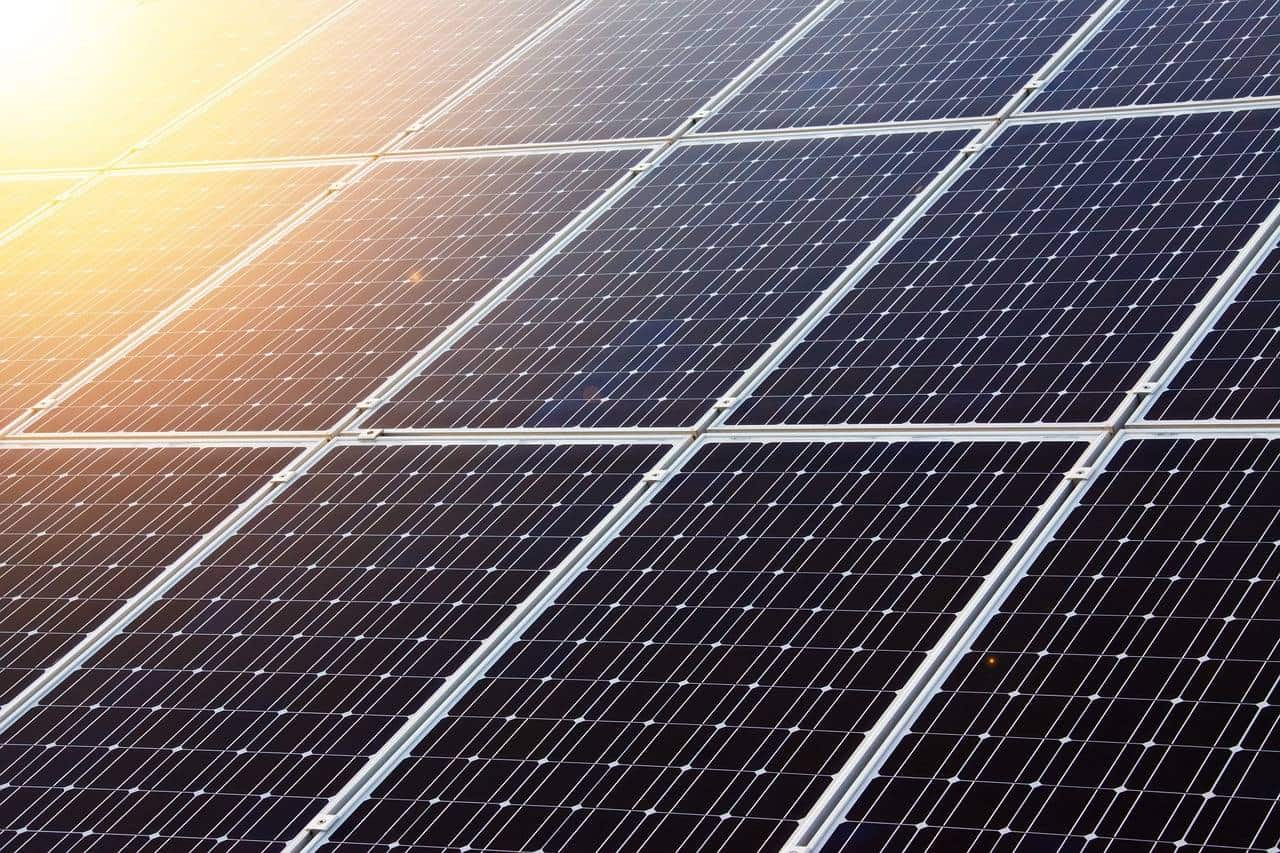The Indian Agricultural Photovoltaic Alliance (IAA), consisting of 12 organizations, aims to promote the integration of solar energy and agriculture in India. As a predominantly agricultural nation with ambitious renewable energy goals, India requires substantial land for the installation of solar facilities. To address this challenge, the combination of solar panels with agriculture, forming agricultural photovoltaic power generation, appears to be an ideal solution.
The emergence of IAA is geared towards advancing this initiative, which was proposed during the Indian Agricultural Photovoltaic Summit. With support from the Indian Climate Cooperation Organization and the Bloomberg Philanthropies Foundation, IAA will coordinate the value chain of agriculture and solar energy, with the National Solar Energy Federation of India (NSEFI) serving as the alliance's secretariat.

The alliance aims to develop commercial models for agricultural power generation, research socio-economic impacts, and enhance the synergy between agriculture and solar energy. Agricultural power generation has the potential to save water, increase farmers' income, and become an economically viable sector for electricity generation. Deepak Gupta, the Director General of NSEFI, believes that IAA is a crucial step for India to promote sustainable energy development, coordinate agriculture and solar energy, and achieve a cleaner and more resilient future.
"The establishment of the Indian Agricultural Photovoltaic Alliance is a crucial step for our country towards sustainable energy development," said Deepak Gupta, Director General of NSEFI. "Agricultural power generation is not just a technology but a commitment aimed at coordinating agriculture and solar energy, creating a greener and more resilient future. The alliance will contribute to realizing this collaboration, fostering innovation, and driving India's transition to a cleaner and more sustainable energy landscape."
The guiding organizations of IAA include NSEFI, the Council on Energy, Environment and Water (CEEW), the Central Arid Zone Research Institute (CAZRI), the Center for Study of Science, Technology and Policy (CSTEP), the International Water Management Institute (IWMI), the Indian Society of Agricultural Engineers (ISAE), the Indian Council of Food and Agriculture (ICFA), The Energy and Resources Institute (TERI), the India Germany Energy Forum (IGEF), the Skill Council for Green Jobs (SCGJ), the Institute for Sustainable Energy Policy (ISEP), and the Shakti Sustainable Energy Foundation.




